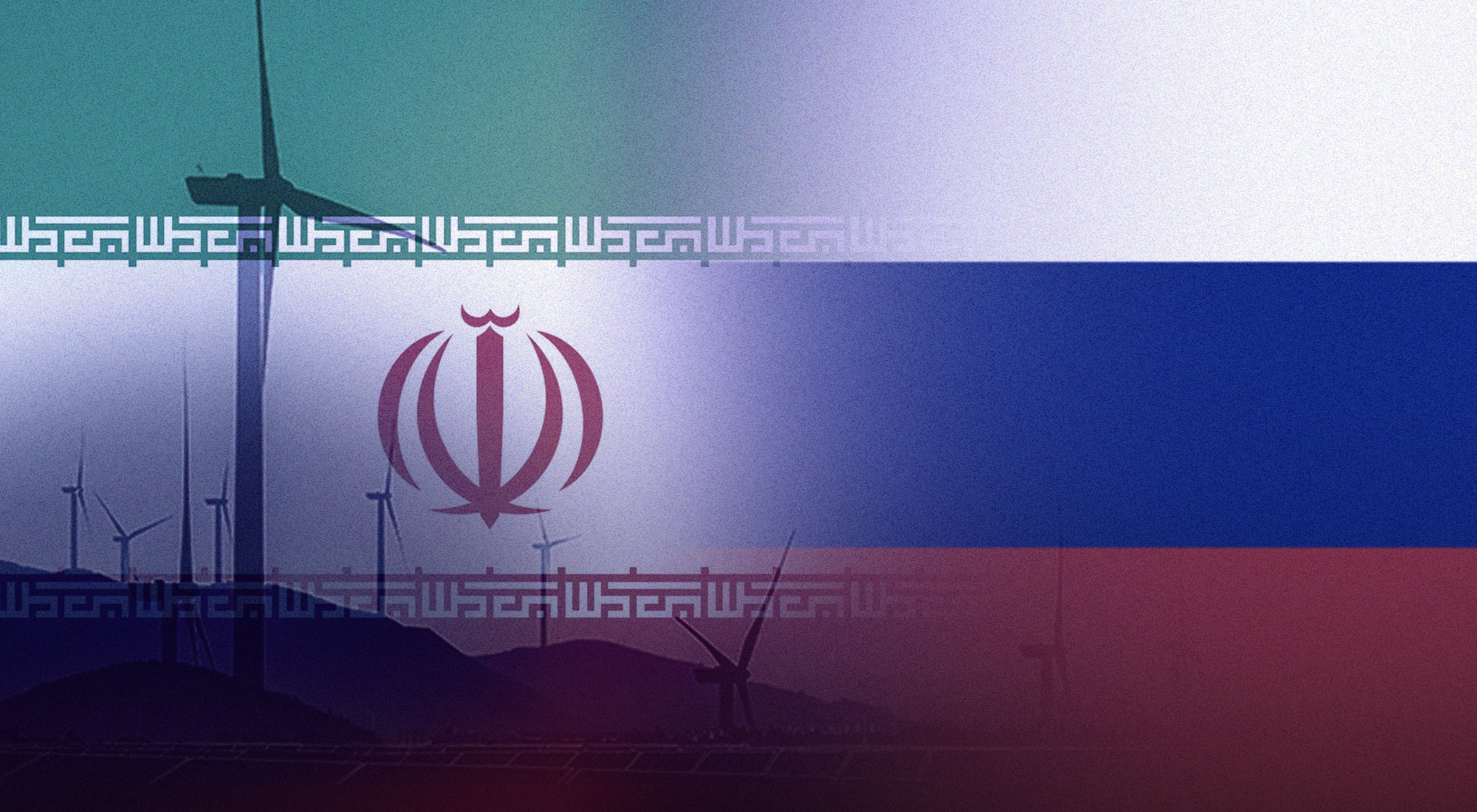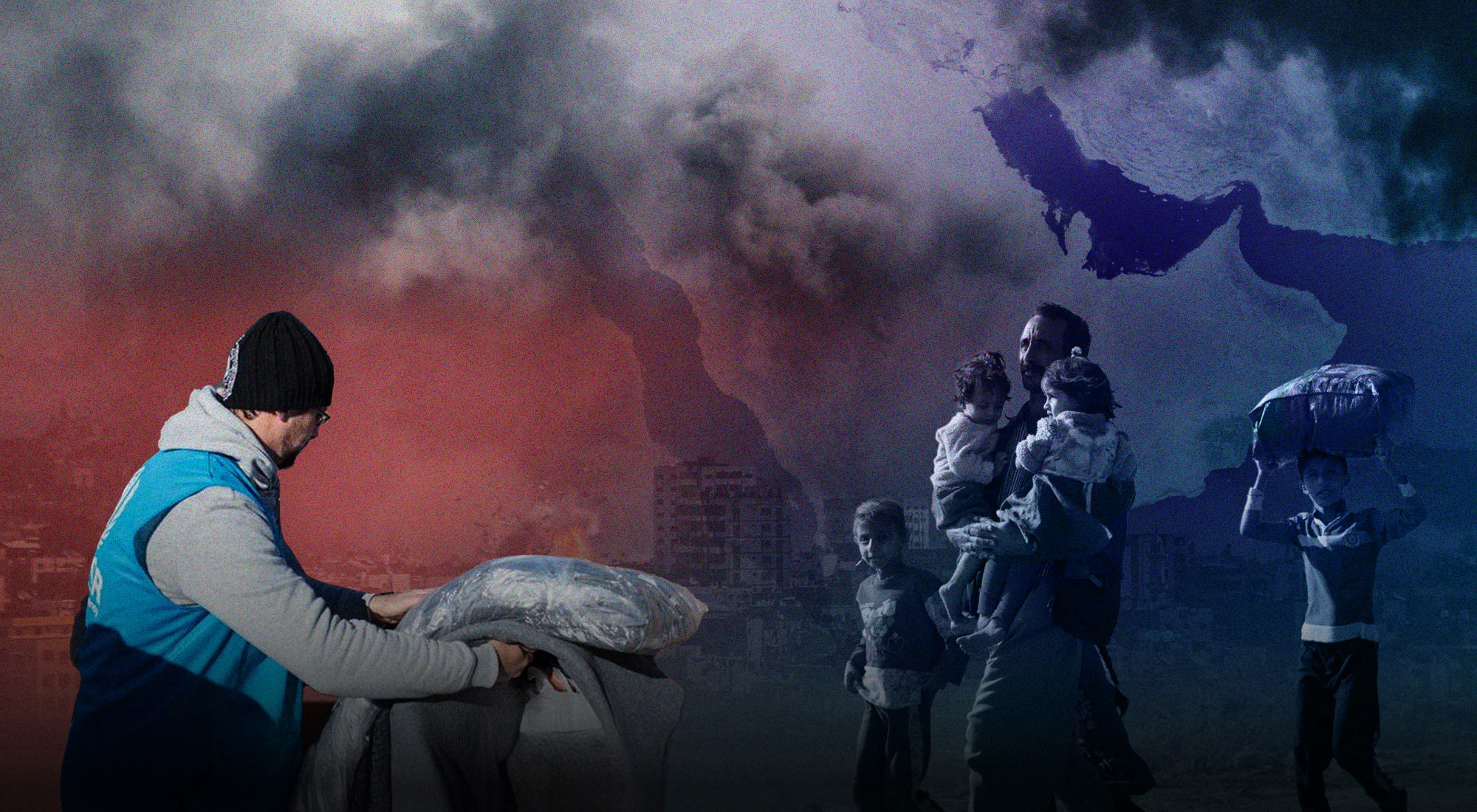There are no US presidential elections that are not important, first and foremost for American citizens, but no less significantly globally. However, the forthcoming November 3 elections are among the most crucial in contemporary US history, both for the future of the most powerful country and for the stability and prosperity of the international arena. People and governments in the Middle East and North Africa (MENA) are observing with great interest the contest between sitting president Donald Trump, who seemed hellbent from day one in the office to annul and reverse all of his predecessor Barack Obama’s policies, and Joe Biden, who was Obama’s loyal right-hand man serving over an entire two terms as his vice-president.
Foreign affairs usually play a minute role in US citizens’ decisions at the ballot box, and this will undoubtedly be the case, if not more so, in this year’s elections. All opinion polls show a deeply divided and unhappy nation, with only a few months until polling day. The elections are taking place during the worst pandemic in living memory, one that the Trump administration has dealt with appallingly, resulting in more infections and more lives lost than anywhere else. As they decide on who will occupy the White House, and also on who will control the houses of Congress for the next four years, voters will be more concerned with who can stop the pandemic, deal with the resulting deep economic recession, and calm the protests over police violence and racial injustice.
International affairs, among them MENA affairs, are not going to be foremost in anybody’s mind. However, notwithstanding a general disinterest in global politics, the US electorate’s decision will make a difference to the Middle East, hence the cautious expectation across the MENA region for November’s results, which will affect the political and economic stability of individual states as well as the region as a whole.
If President Trump’s objective was to annul his predecessor’s legacy in every sphere of domestic and international policy, a Biden administration, on the other hand, would concentrate more on restoring what was achieved during Obama’s eight years in the White House, albeit with a more restricted international agenda. For a Biden administration, the first period in office would be to clear up the mess of four Trump years that have culminated in a truly disastrous approach to Covid-19 that has so far cost the lives of more than 130,000 people and inflicted unimaginable social and economic pain on the country with no end in sight. Biden will also have to work hard to re-establish the rule of law and re-engage with the world and work in tandem with allies instead of preaching and dictating.
The general public might want the next White House incumbent to concentrate on domestic issues, but, for a superpower like the US, that option is not realistic. It could be argued that the coronavirus’s devastating economic impact will require the US as a major economy to engage with the world more energetically, including with the MENA region. A recent history of failing to attain its objectives in the region might tempt the next US president to turn his back on the Middle East, an option that always seems to present insoluble challenges and hardly any solutions.
However, as President Obama once observed, “the Middle East always pulls you back”. Trump, in his 2016 election campaign, and his early days in office, entertained the idea of minimizing engagement with the region, but rather quickly realized the truth of Obama’s words. Whether the US is actively involved or trying to avoid involvement in the region, its interests are going to be affected on bilateral and regional levels, along with its relations with other rival external powers such as Russia and China pursuing their objectives in the MENA region. Consequently, among the highest echelons of US decision-makers, there is a constant need for attentiveness and the commitment of military, diplomatic, and economic resources to engage with the region.
Whether the presidential election produces a second Trump term or the first Biden administration, the US will continue to encounter major challenges to its vital interests in the Middle East, which will inevitably mean spending disproportionate amounts of time addressing them. For any new administration, there is an imperative that certain US interests in the region be safeguarded, including the flow of energy, the security and wellbeing of Israel and other allies, the containment of terrorism and fundamentalism, and ensuring that no other regional or external power gains hegemony.
How previous US administrations have set about such tasks has varied considerably. Challenges such as containing Iran’s hegemonic and nuclear ambitions, managing, even if not resolving the Israeli–Palestinian conflict, supporting allies in the Arabian Gulf as well as Egypt and Jordan, stabilizing Libya and Iraq, and preventing Syria from coming under either Iran’s or Russia’s spell, will continue to concern America’s next president. However, there will be a change in emphasis involving closer cooperation with allies, a shift in language, and more policy coherence if Biden becomes the new occupant of the White House. In two major areas of interest and concern to the US, Iran and Israel–Palestine, it is reasonable to expect more than a nuanced change if Biden is elected, derived from his experience in government and his broader outlook on international relations.
Iran
Trump, in his simplistic style of policymaking, took a very dichotomous approach to the complexities of Middle East affairs. It is impossible to discern whether his objection to the 2015 nuclear agreement – formally referred to as the Joint Comprehensive Plan of Action (JCPOA) – was because it was agreed and signed by his predecessor, or to his basic instinct that a rival should be completely defeated to the point that they surrender. Though far from being perfect, the JCPOA created a legal framework, signed by Iran and with the UN Security Council’s stamp of approval, whereby in return for a removal of sanctions on the country, Iran would cut the amount of enriched uranium that it could legally possess. This limited Iran’s ability to produce uranium and slowed down its nuclear program. Desperate to see the international sanctions removed, Tehran agreed to one of the most intrusive inspection regimes devised that would have exposed any attempt to circumvent the agreement.
Inspections by the International Atomic Energy Agency (IAEA) verified Iran’s compliance, to the letter if not always in the spirit of it, until Trump abandoned the deal in May 2018. Later that year, he reinstated a wide range of sanctions, targeting not only Iran but also states that trade with it. Iran’s rather predictable response was to announce that it was no longer bound by any of the agreement’s restrictions on the number or type of centrifuges that it could operate, or the amount of enriched uranium it could produce. Add to this Iran’s attack on Saudi oil installations in September 2019, and the assassination of Iran’s most powerful military commander and head of the country’s elite Quds Force, General Qassem Soleimani, in a US airstrike ordered by President Trump in January this year, and Iran’s response, admittedly a muted one, in launching missiles against US bases in Iraq, and the picture of a complete breakdown in relations between the two countries becomes all too clear.
There are no signs that another Trump term in the White House will bring about any rethink on how to contain Iran’s ambitions and aggression in the region. Pressure through sanctions and covert operations, including cyber-attacks, would most probably dominate Washington’s strategy, hoping that it would lead to the collapse of the Tehran regime.
A Biden administration, on the other hand, also depending on the composition of Congress, will want to restore the JCPOA and take the first steps into re-engaging with Tehran. Biden claims to have no illusions about the Iranian regime and its destabilizing tendencies and oppressive nature. Yet, in a recent article in Foreign Affairs, he committed a future administration led by him to a “smart way to counter the threat that Iran poses to our interests,” which will include re-joining the 2015 nuclear agreement on condition that Tehran returns to strict compliance with the deal.
Biden is committed to diplomacy in conjunction with regional and international allies to re-engage with Iran. The latter, which was hit somewhat hard by the coronavirus pandemic and caused domestic and social unrest, might welcome this change of direction and show more flexibility. However, any easing of sanctions may not please several US allies in the region.
The Israel-Palestine Conflict
Another signature Trump Middle East policy has been the Peace for Prosperity plan, otherwise known as the “Deal of the Century”, to bring an end to the Israeli–Palestinian conflict. Thus far, the current American president has caused what is rapidly becoming irreparable from the prospect of a fair and just conclusion to this conflict, especially one based on a two-state solution. In a series of unilateral actions, among them are moving the US embassy in Israel to Jerusalem without also recognizing parts of the city as the capital of a future Palestinian state; stopping all aid to the Palestinian Authority and UNRWA, the UN agency in charge of 5.5 million Palestinian refugees across the Middle East; closing the offices of the Palestinian delegation in Washington; and supporting Israel’s planned unilateral annexation of up to 30 percent of the occupied Palestinian West Bank, Washington has removed the mask of the US as an honest broker in this conflict. It has left the prospect of a peace process based on a two-state solution in tatters, and the likelihood of an outbreak of hostilities very real.
A Biden administration won’t move the embassy back to Tel Aviv, and neither is it expected to recognize the city as also the capital of Palestine. Still, it might robustly oppose any unilateral annexation and the expansion of illegal Jewish settlements in the occupied territories. As president Biden is likely to try to prevent annexation if it hasn’t already happened by the time he assumes office, but otherwise, he will find it challenging to reverse. Biden carries with him the scars of the Kerry peace initiative during his time as vice-president, and it is doubtful whether he would like to spend energy and resources on another plan. He is likely to serve one term only and might see his role as a transitional one as he concentrates on mitigating four years of Trump-inflicted damage to the nation.
Syria, Libya, and Iraq
Three other hotspots of instability in the Middle East that have suffered in the last four years from America’s neglectful and disjointed policies have been Syria, Iraq, and Libya. Both Trump and Biden are committed to limiting US involvement in international conflicts. However, unlike Trump, Biden believes in multilateralism and diplomacy and is likely to work together with other countries to mitigate the threats emanating from the power struggle in these countries and foreign involvement in it.
The defeat of ISIS has given the US a false sense that it can safely withdraw most of its troops from the region and limit its involvement. Nothing could be further from the truth. Even with ISIS militarily defeated, the root causes that propelled it to be the force that it was for a while still prevail. Rather than hard power, it requires soft power to address something that America and its European allies are best positioned to provide.
One of the US’s tragic legacies under Trump is his betrayal of the Kurds in Syria after they had formed the backbone of resistance to ISIS, and following victory were left to the mercy of a hostile Turkey. Trump, who called Syria a place of “sand and death,” has no interest in the strategic importance of the country or the ongoing humanitarian disaster and left other external forces – Russia, Turkey, Iran, and even Israel – to battle it out. It will be left for Biden to restore America’s credibility deficit in the Middle East, which has been exacerbated by the Trump administration. Iraq might have ordered the expulsion of US forces from the country in the aftermath of the killing of Qassem Soleimani in Baghdad. Still, it serves both countries’ interests to maintain US troops there, mainly to prevent the emergence of ISIS or any similar successor organization, and also to counter-balance Iran’s influence at the heart of the Iraqi political system, which is the result of the ill-conceived American invasion of Iraq in 2003.
To ensure the flow of oil, to support its allies and clamp down on extremism, the US’s presence in Iraq is for the foreseeable future essential. Libya represents an even more complex challenge as it impacts a wide range of interests, allies, and enmities that have been sucked into this increasingly divided country. Turkey, Egypt, the UAE, and even Greece and Italy all have vested interests in the Libyan situation, be these be economic and/or political, and concern routes of migration and energy flow. The most that the Trump administration has done in recent years is to call for a ceasefire, but any proactive involvement hasn’t been forthcoming and probably won’t take place whoever wins the presidency unless there is a danger of a direct conflict that affects America’s allies.
Conclusion
Whether Trump or Biden becomes the next president, the Middle East might not be the focus of US attention, especially as the coming years will see America having to deal with the appalling trail of destruction that Covid-19 is bequeathing it. However, another four years of Trump will further marginalize the US, barring the bizarre and unpredictable, leaving it on the sidelines of the region’s politics. A Biden administration might adopt more nuanced and coherent policies. It may do just enough to stop the rot and return to a more multilateral approach in addressing Iran’s aggression and nuclear issues. It may stop Israel’s entrenchment of the occupation, and use its soft power to promote necessary reforms and support allies while resorting to hard power to prevent, for instance, a re-emergence of ISIS-like organizations. However, for now, the US remains a declining force in the MENA region, a trend that a Biden presidency might halt, and perhaps even begin to reverse.








